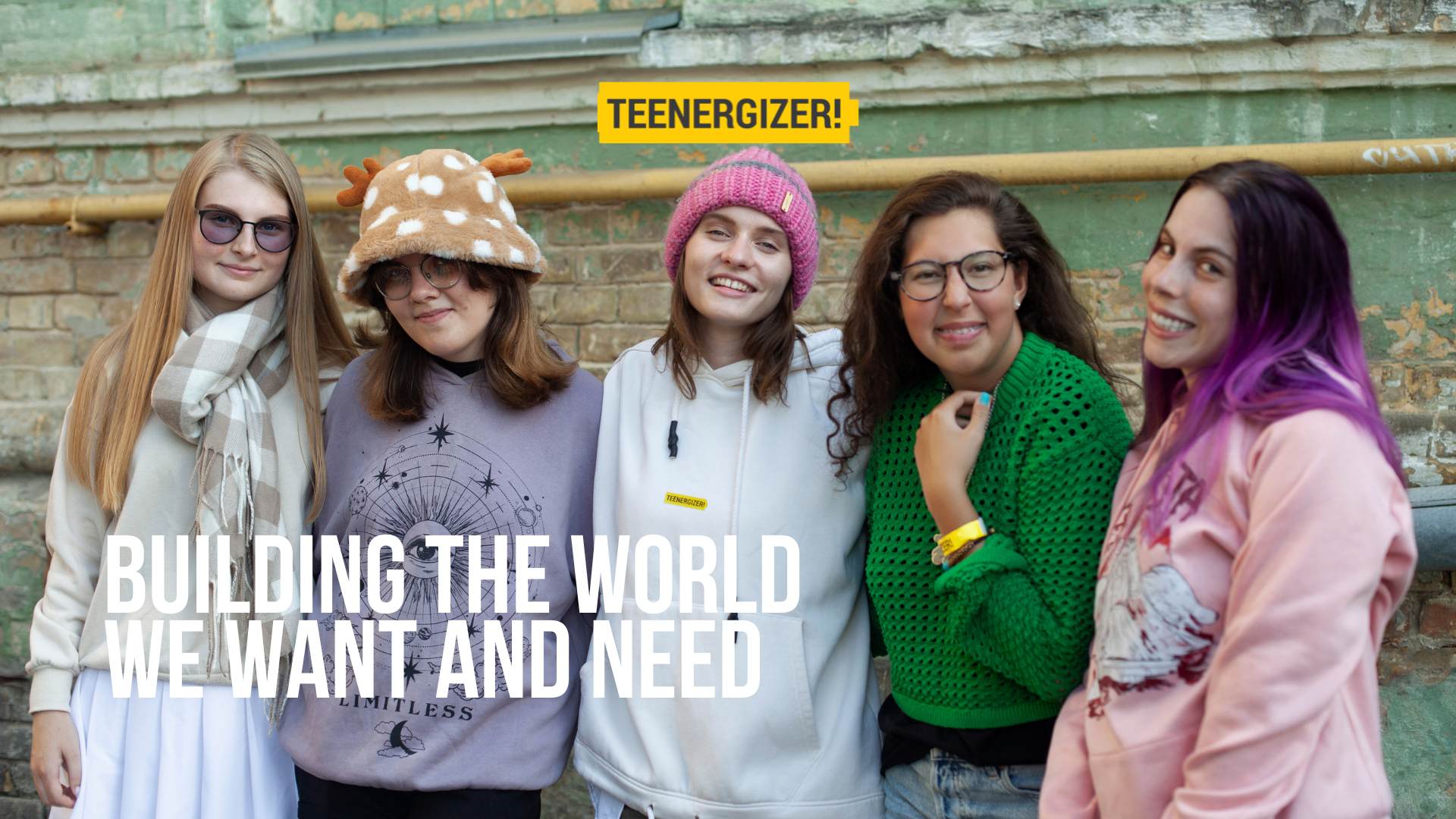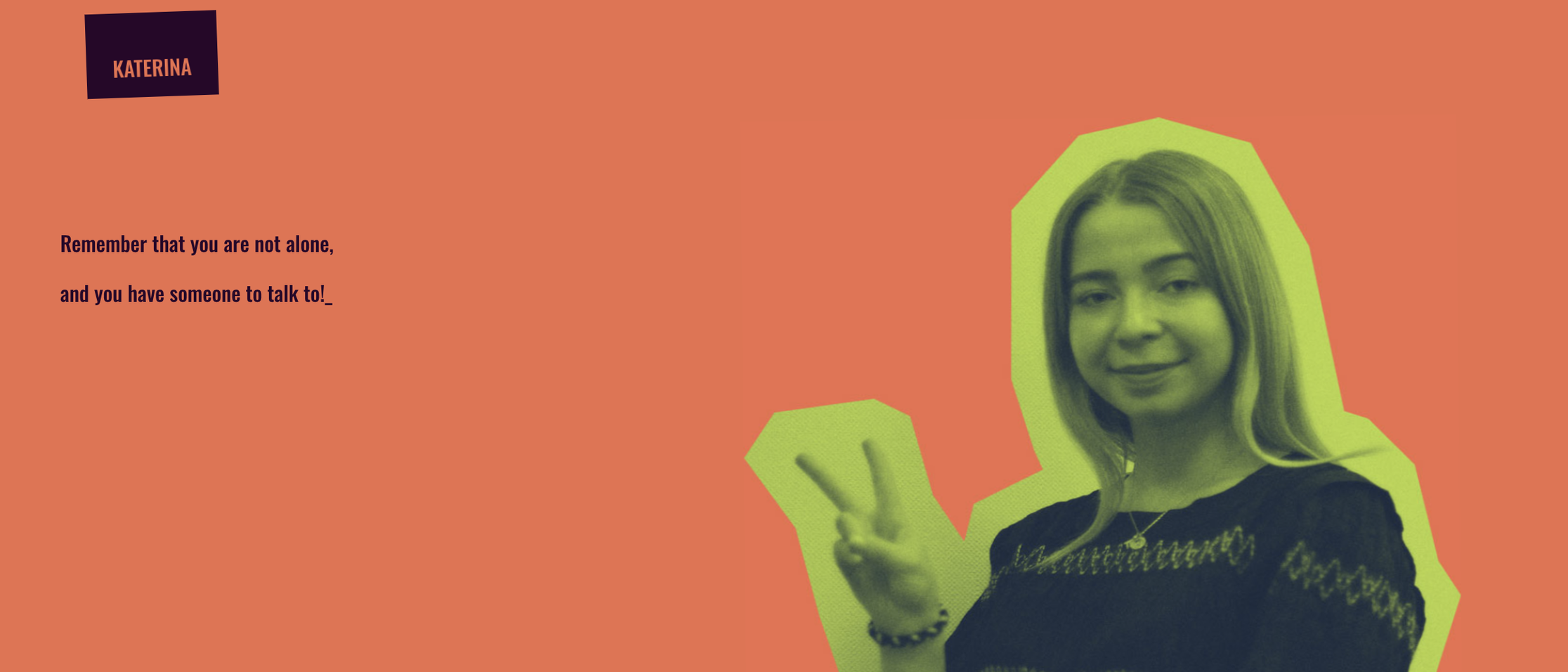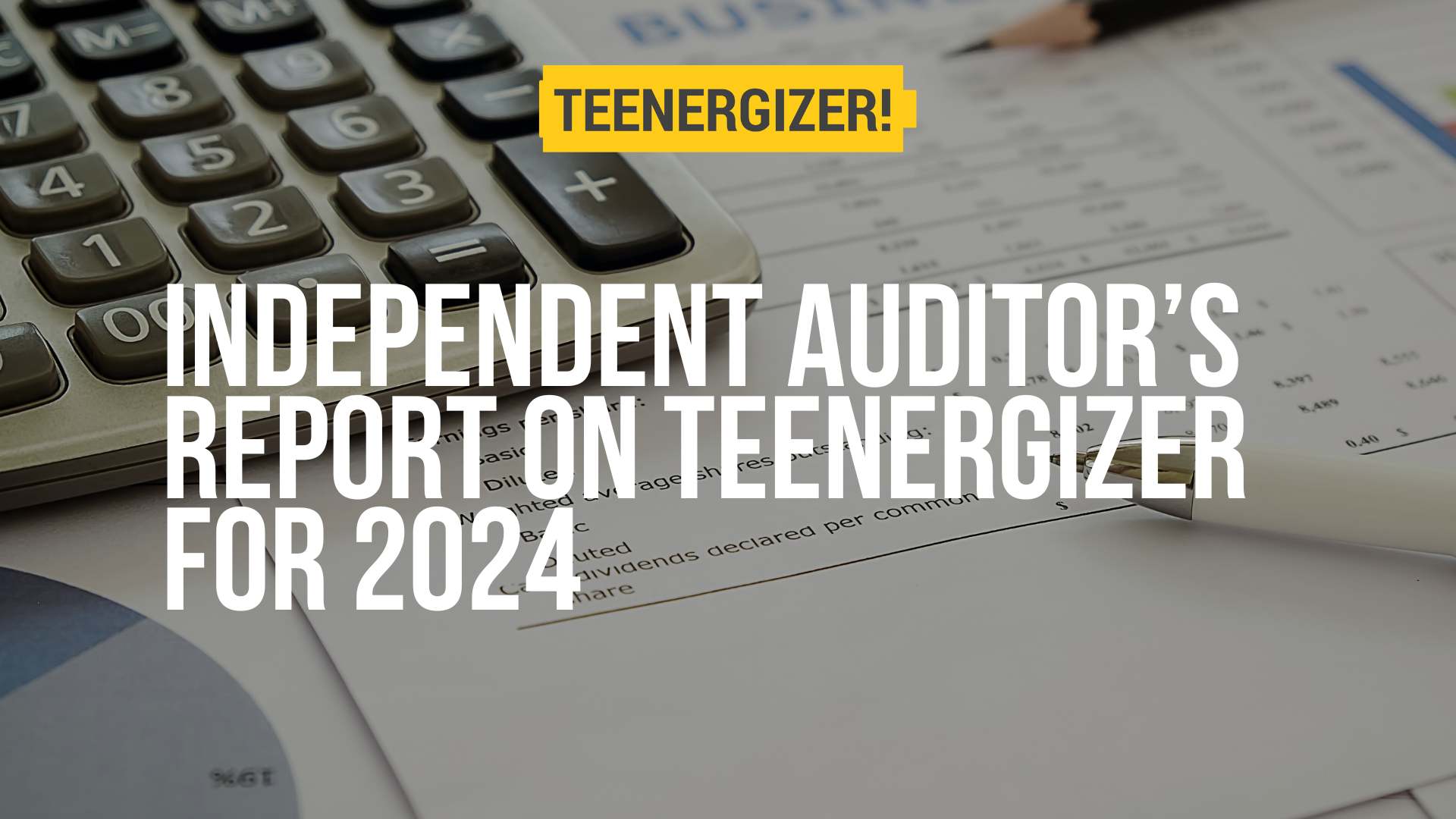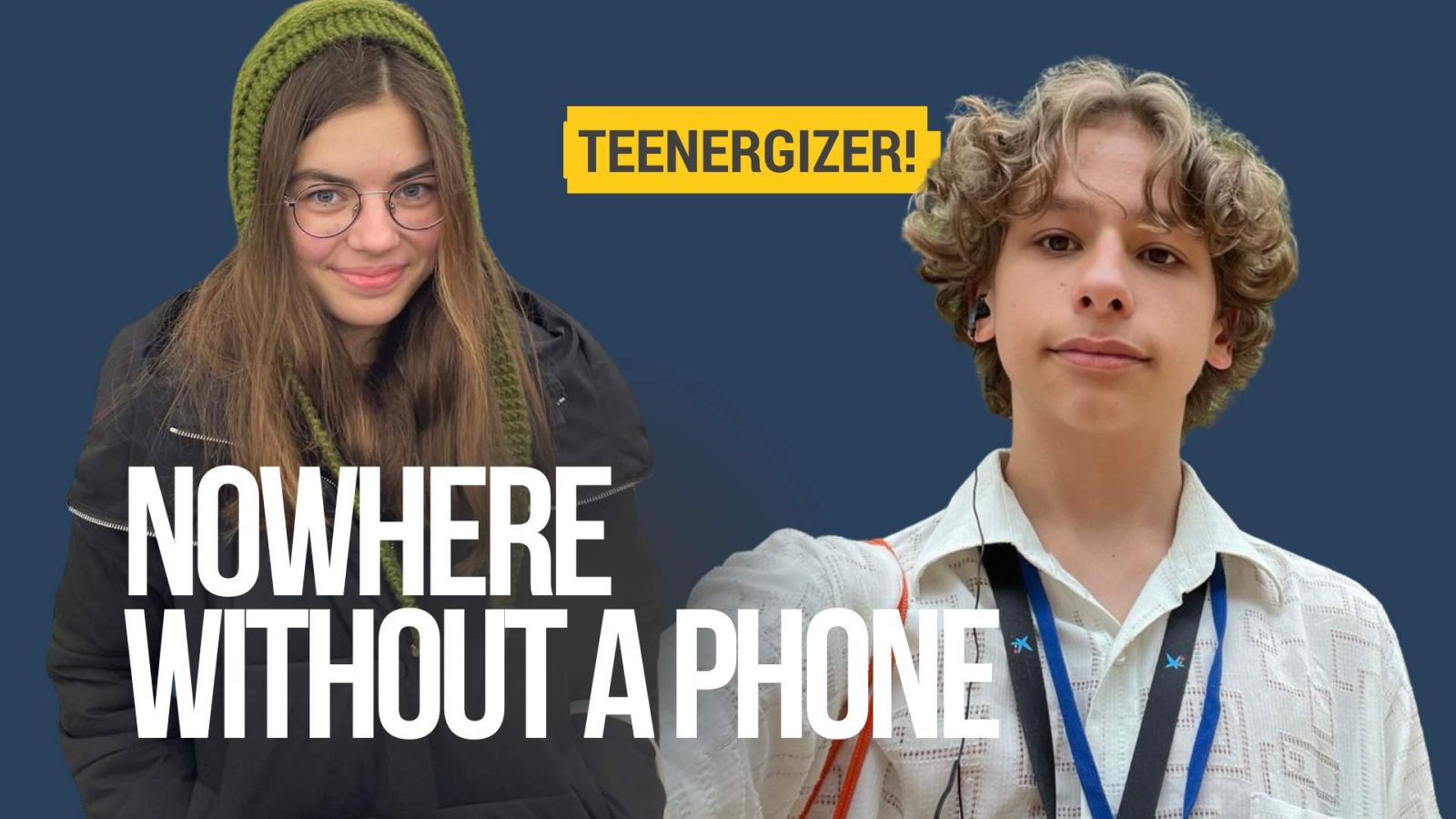Global Partnership Forum on Comprehensive Sexuality Education (CSE) spoke with Evheniya Usychenko, deputy director at Teenergizer.
The interview for Global Partnership Forum on CSE LinkedIn was conducted by Tânia Mendes, Brand & Communications Lead at the Global Partnership Forum on CSE, and we are pleased to share it on our platform.
Tell us about the work of Teenergizer.
Our work mainly focuses on peer-to-peer psychological counselling. This is provided via an online service that connects young people in need with students from faculties of psychology at Ukrainian universities. Because it’s online, we have service users from many countries, including Ukraine, Kazakhstan, Kyrgyzstan and Tajikistan and beyond. Many Ukrainians who have fled the country are still connecting with the service.
We also have an internship scheme which works with adolescents and young people, with the objective of training, providing knowledge and mobilizing them to engage with and promote mental, sexual and reproductive health. The scheme runs twice a year with 20-40 people welcomed per intake. We aim to train up to 80 young people each year as advocates and trainers.
How did you get involved with Teenergizer ?
I started by volunteering. I was a second-year psychology student in Kiev, Ukraine when I saw an opportunity to become a peer counselor. As a student, it is hard to get practical skills as a psychologist as you can’t conduct psychology sessions without a degree, but this was an opportunity to practice what I was learning. After a few years, I took more of a managing role in the movement, which included recruiting and training the peer counselors and managing activity schedules. I have not looked back since and am now the deputy director. I love the movement as it’s created by young people for our needs and with the intention of changing the world for the better. I am going to be part of that!
Who connects with the online chat?
We were originally around 20 counsellors when I began, and there are now 400 peer-counsellors who provide support to over 5,000 young people per month. We can be contacted by anyone aged at least 12 years and speak to young people aged 12 to 30. We provide referral guidance and contacts as needed and only provide information on SRH to individuals from 14 years.
What are the top three things that young people are wanting support with right now?
Low mood | depression: Young people are sharing about being in a low mood and asking about what it means to be in a depressed state and what they can do. Common shares are about not feeling as though they can get out of bed, not wanting to connect with people, the world. If they are sharing and showing more than 4 signs of depression, we guide them to professional help and services.
The number of young people needing support in this area is also influenced by the war and high stress and anxiety environment we are in in the Ukraine, with many young people’s parents fighting at the front line.
Relationships: Young people want guidance and to talk about their relationships and how to build them – with parents, friends, romantic partners. There are many who feel lonely and want to feel connected, valued and seen. There are also questions about what’s ok within a relationship as we have young people experiencing control and violence. There are some cases of sexual violence, in and out of conflict, and these cases are referred to specialists and the police.
Bullying: Contact from young people about bullying reduced during covid-19 as many were able to stay at home. Now physically back at school, young people are increasingly re-experiencing bullying.
Why do you think the service is so popular and needed?
Because it’s online, it means that young people can ask questions in the trust that no one will hear them. It’s practical as you can connect at any time, and confidential, which is important. In Ukraine for example, many young people live with their parents and families in an apartment, where there is no privacy. You can’t just leave without saying where you’re going and if you call a hotline and say that you’re having psychological problems, for example, someone is going to hear you. Because we have a high number of counsellors, we can provide the service online until 11pm.
It’s also needed for young people as we’re taught limited topics at school about mental, sexual and reproductive health. We’re taught about the dangers of HIV, but it’s positioned as something distant and elsewhere. There is no talk of the epidemic here in Ukraine where we’ve very high rates for HIV (second highest of Eastern Europe and Central Asia in 2019 – UNAIDS ).
I think back to when I was at school and there was no substantial information on sexual and reproductive health – where I had a small paragraph on reproductive health to read at home – and nothing on menstruation nor mental health topics. I was lucky to be taught by my mother, who is a doctor, but not all children have this advantage.
They are topics that are seen to be too intimate and stigmatized for many teachers and parents, who are uncomfortable to talk about them and this has consequences for young people. We become un- and ill-informed as young people and have many early pregnancies and transmissions of diseases that could have been avoided. This was already happening before the war started in Ukraine, let alone now, when there is undoubtedly an impact on numbers of pregnancies, access to services and a mental health crisis.
This is why we need the services of Teenergizer right now, especially during a time of war, as well as a move by our leaders for the inclusion of progressive Comprehensive Sexuality Education in classrooms. (Current educational profile data for Ukraine here.)
And what can be done to make this a reality?
We are working with many different organisations, including medical professionals, who can help provide this information for young people, as well as trainings to share why this education is of benefit to young people, their families and their societies, including to governmental organizations. We have recently finalized a memorandum with the Public Health Center of the Ministry of health of Ukraine, working with them on reducing the risk of, and protecting against, HIV infection. This is a positive step forward.
As well as our work with partners, we will continue to provide services for young people and have a space for sharing. It is a vital service for young people, and we will keep advocating for comprehensive sexuality education until there is change. I have seen the impact that it makes in lives and am inspired by seeing more women in positions of power in our region, which means that change is possible.











